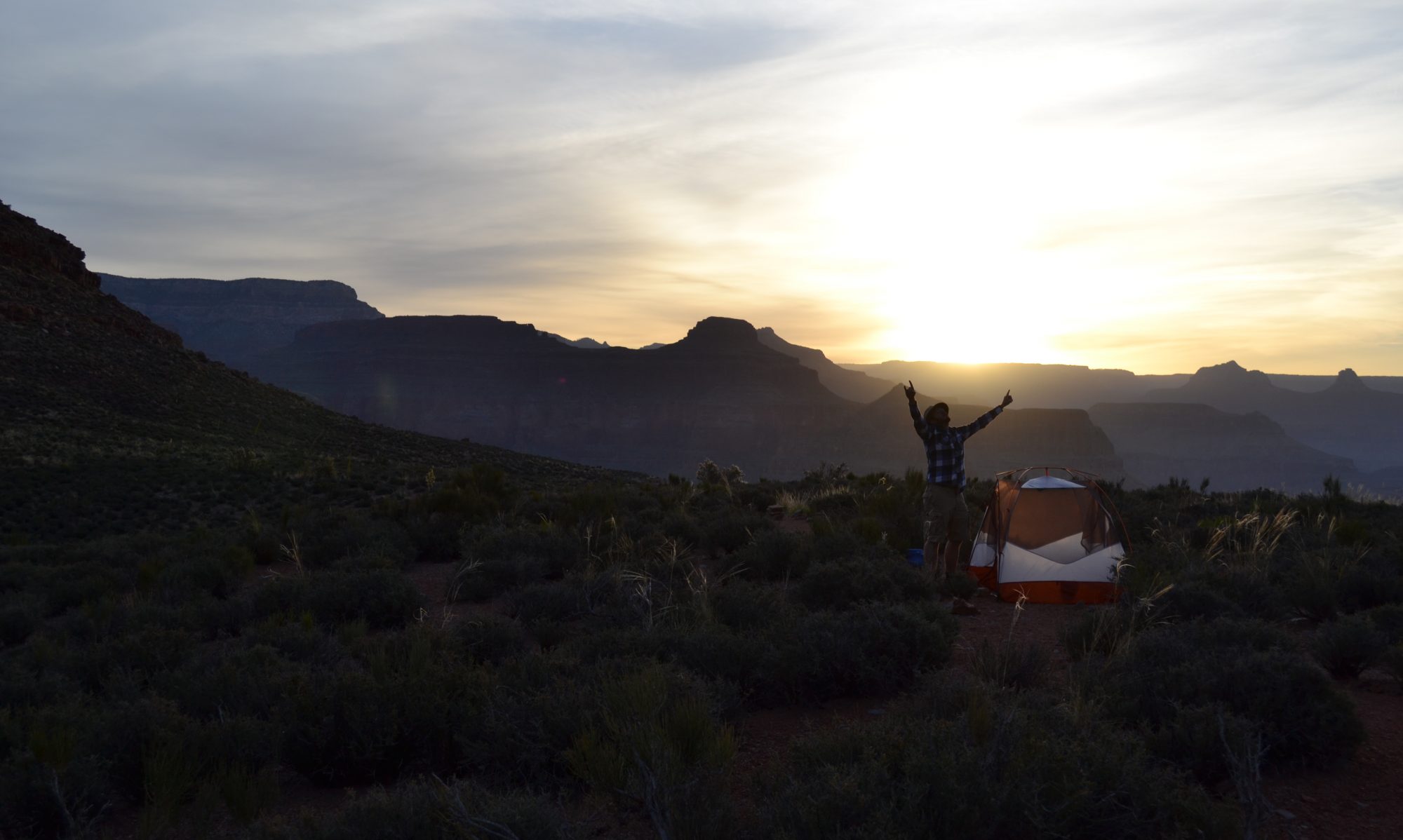A towel, it says, is about the most massively useful thing an interstellar hitchhiker can have. Partly it has great practical value. You can wrap it around you for warmth as you bound across the cold moons of Jaglan Beta; you can lie on it on the brilliant marble-sanded beaches of Santraginus V, inhaling the heady sea vapors; you can sleep under it beneath the stars which shine to redly on the desert world of Kakrafood; use it to sail a miniraft down the slow heavy River Moth; wet it for use in hand-to-hand combat; wrap it round your head to ward off noxious fumes or avoid the gaze of the Ravenous Bugblatter Beast of Traal (a mind-bogglingly stupid animal, it assumes that if you can’t see it, it can’t see you – daft as a brush, but very very ravenous); you can wave your towel in emergencies as a distress signal, and of course dry yourself off with it if it seems to be clean enough.
More importantly, a towel has immense psychological value. For some reason, if a strag (strag: nonhitchhiker) discovers that a hitchhiker has his towel with him, he will automatically assume that he is also in possession of a toothbrush, washcloth, soap, tin of biscuits, flask, compass, map, ball of string, gnat spray, wet-weather gear, space suit, etc., etc. Furthermore, the strag will then happily lend the hitchhiker any of these or a dozen other items that the hitchhiker might accidentally have “lost.” What the strag will think is that any man who can hitch the length and breadth of the Galaxy, rough it, slum it, struggle against terrible odds, win through and still know where his towel is, is clearly a man to be reckoned with.
The Strenuous Life
In speaking to you , men of the greatest city of the West, men of the State which gave to the country Lincoln and Grant, men who pre-eminently and distinctly embody all that is most American in the American character, I wish to preach, not the doctrine of ignoble ease, but the doctrine of the strenuous life, the life of toil and effort, or labor and strife; to preach the highest form of success which comes, not to the man who desires mere easy peace, but to the man who does not shrink from danger, from hardship, or from bitter toil, and who out of these wins the splendid ultimate triumph.
It is not hyperbole to say that Roosevelt’s jaw dropped in disbelief
The president’s arrival at the Grand Canyon on the morning of May 6 would, in retrospect, become one of the greatest days in environmental history… It is not hyperbole to say that Roosevelt’s jaw dropped in disbelief…Insisting on seeing the sun set from the Grand Canyon’s north rim, the warm sky ablaze with ragged bands of orange, pink, and purple, Roosevelt leaned over the ledge to soak in the drama.
Roosevelt called the Grand Canyon “the most wonderful scenery in the world.” He also declared that “to all else that is strange and beautiful in nature the Canyon stands as Karnak and Baalbec, seen by moonlight, stand to all other ruined temples and palaces of the bygone ages.”
Douglas Brinnkley, “The Wilderness Warrior”
It’s the journey, not the destination
You see things vacationing on a motorcycle in a way that is completely different from any other. In a car you’re always in a compartment, and because you’re used to it you don’t realize that through that car window everything you see is just more TV. You’re a passive observer and it is all moving by you boringly in a frame.
Since reading Zen and the Art of Motorcycle Maintenance, I have become acutely aware of just being a passive observer on the road, of simply just getting to the next destination instead of considering the route, the drive, and the journey as part of the adventure. Mostly, this involves rolling down the windows and putting back the sunroof. Sometimes it’s taking the back (though certainly not dirt) roads.
Pettiness and Crudeness of Campaign Cycles
If Roosevelt had an overriding conceit in early 1899, it was that he thought in terms of geological time and in biological imperatives, whereas lesser politicians in Albany were part of the pettiness and crudeness of campaign cycles
Sharp Outlines Softened in the Twilight
Nothing could be more lonely and nothing more beautiful than the view at nightfall across the prairies to these huge hill masses, when the lengthening shadows had at last merged into one and the faint glow of the red sun filled the west. The rolling prairie, sweeping in endless waves to the feet of the great hills, grew purple as the evening darkened, and the buttes loomed into vague, mysterious beauty as their sharp outlines softened in the twilight.
Extreme Wilderness Experiences in Short Fixes
Recent environmental historians have mocked Roosevelt as a weekend warrior, an urbanite with money to burn who bought himself a ticket to the wilderness for a few weeks and then returned home. At face value this analysis is true. But from the perspective of 2009 Roosevelt’s desire to connect with nature to rejuvenate himself has proved ahead of its time. Today only 1.9 percent of Americans are living in rural areas, compared with 40 percent when “The Wilderness Hunter” was published, so Roosevelt was anticipating a modern trend. As of 2008 Jefferson’s agrarian vision of the homesteading of the West were kaput. Even Thoreau’s back-to-nature ethos, based on self-reliance, which had a revisionist run in the 1960s, had become cultish at best, a matter of a few survivalists holed up in forlorn mountain cabins in the Sierra Nevada or Appalachians. But Roosevelt’s notion of extreme wilderness experiences in short fixes has become widespread. Shooting the rapids, mountain climbing, rappelling – Americans crave an extreme fix from nature in hundreds of different waves. Whole cities such as Boulder, Eugene, and Asheville cater to consumers of nature like Roosevelt: claustrophobic city dwellers and suburbanites desperate to encounter a rare bird or cypress grove or desert ecosystem before it all vanished.
A conversation that actually happened
Lost person in car: hey, do you know where some fire breathing dragon is?
Me: Oh yah, right over there

